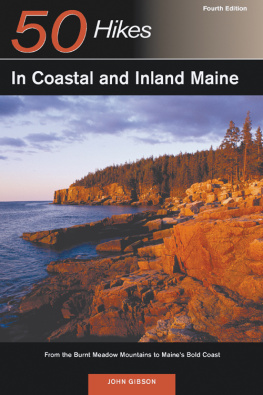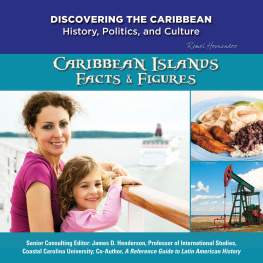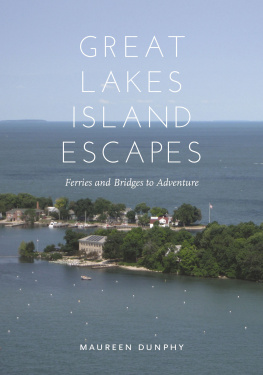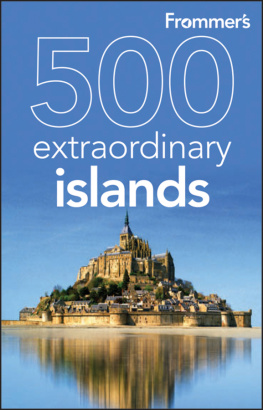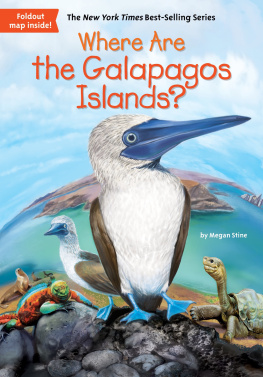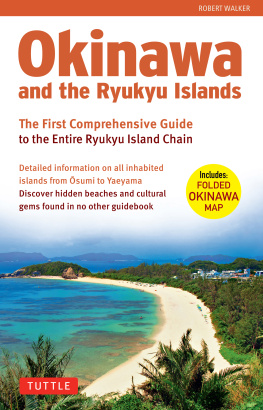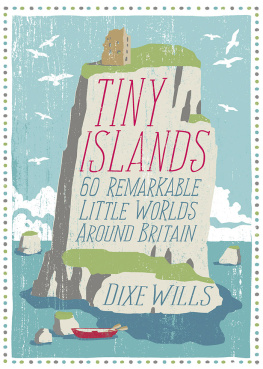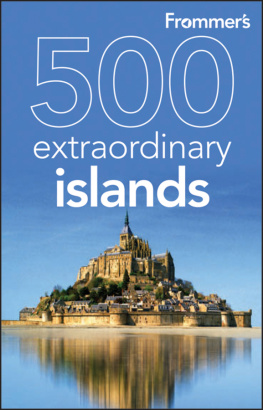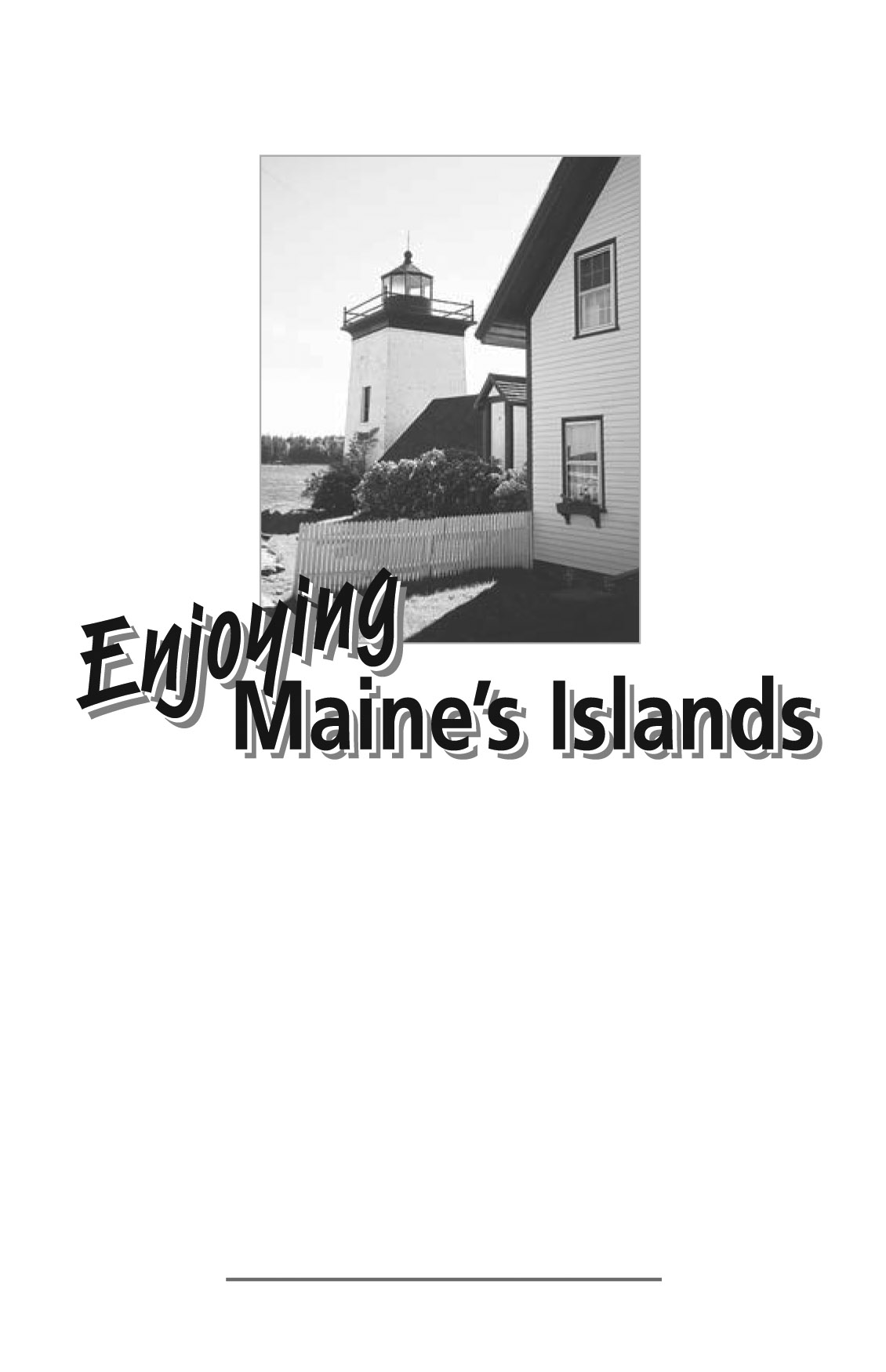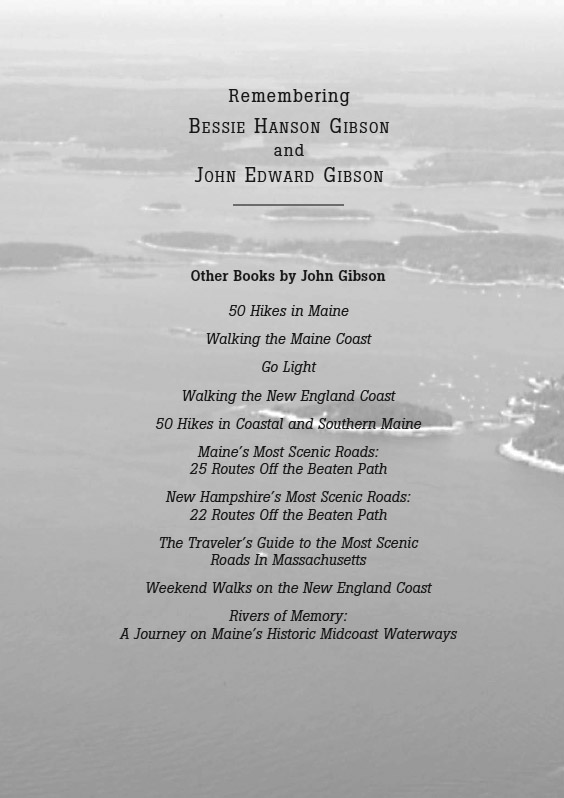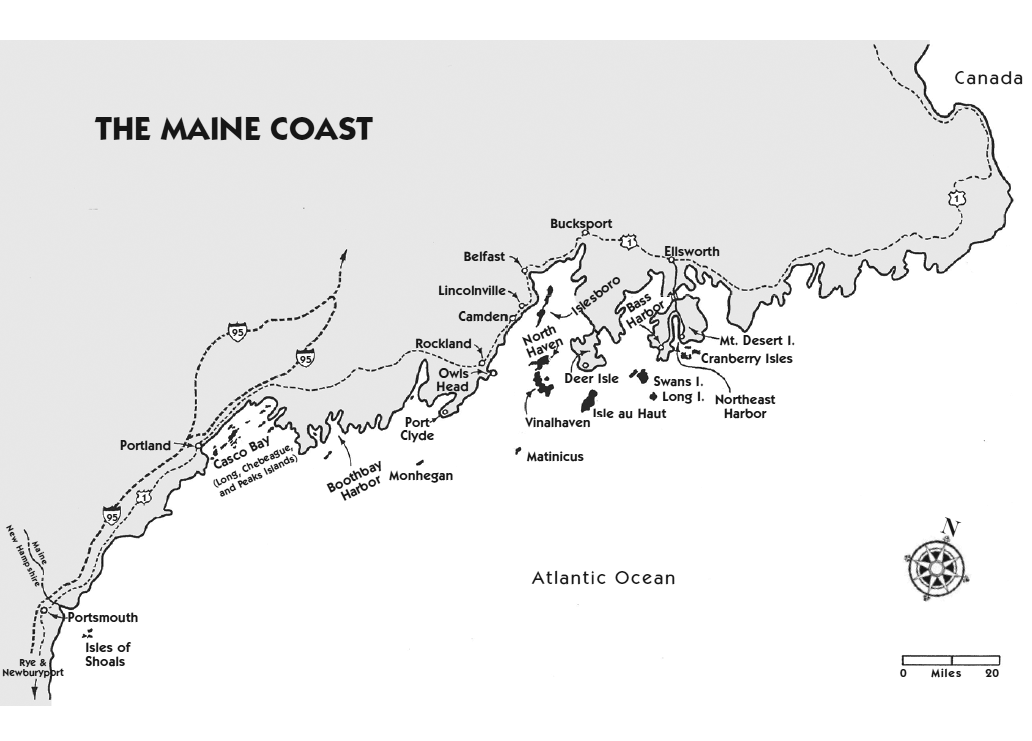Enjoying Maines Islands
ENVIRONMENTAL
PROGRAMS AND VACATIONS
ON MAINE ISLANDS
Those who value both islands and learning will find much of interest in summer island camps and seminars focused on the natural world offshore in Maine. Programs study wildlife, avian life, and marine biology, and also train participants in self-reliance and leadership. Leading programs are based at shoreline preserves or at sea, and attendees get to not only engage in a superb learning experience but also sample island life firsthand .
The largest variety of island environmental offerings is provided by Maine Audubon , whose Hog Island Camp in Bremen launches a full slate of interesting courses each year. Field ornithology, coastal natural history, educators workshops, sea-bird study, and kayak trips are typical fare. There are also courses designed particularly for families, children, and teenagers. As the Maine Audubon program guide says, Accessible only by boat, Hog Island Audubon Camp is nestled in a 330-acre coastal wildlife sanctuary in Bremen, Maine. Since 1936, its summer programs for adults, educators, young people and families have been led by some of the most respected naturalists and environmental educators in the nation. The camps locus on the lip of Muscongus Bay makes this an outstanding place to learn about Maines unique saltwater environments. For information and to register, call (888) 325-5261 or e-mail: .
A source of information on activities, programs, and events tied to island life is the Island Institute , publisher of the outstanding annual Island Journal . The institute is concerned with supporting and improving the island way of life, resource management, and education. Its offices and store are on Main Street in Rockland, not far from the ferry landing. The Island Institute, P.O. Box 429, Rockland, ME 04841, tel. (800) 339-9209, or (207) 594-9209 .
West of Vinalhaven is the Hurricane Island Outward Bound School , a major center for ocean-connected training since 1948. This experientially based program, a part of the worldwide Outward Bound network, is focused on personal development, survival skills, team building, and self-reliance through challenging days at sea, using the island as base. The Maine Sea Program at Hurricane takes course members to a variety of islands in thirty-foot, ketch-rigged pulling boats while they learn navigation, seamanship, and sailing skills. Course participants solo by spending three days alone on a remote island to test their practical survival skills, and members also acquire rock climbing ability in the islands rock quarries. Natural history and other courses are offered. Contact: Hurricane Island Outward Bound School, P.O. Box 429, Rockland, ME 04841, tel. (866) 746-9771 .
For campers and kayakers who like to do their island bedding down out-of-doors, the Appalachian Mountain Club operates its Beal Island Campsite in Georgetown, Maine. This primitive island camping place is open to club members and friends, and is an excellent destination for persons island-hopping in Hockamock and Montsweag Bays. (See the authors Rivers of Memory .) Kayakers can put in at Knubble Bay Camp in Georgetown or elsewhere in the bays. Contact the Appalachian Mountain Club, 5 Joy Street, Boston, MA 02108, tel. (617) 523-0636, for information and membership .
The Maine Island Trail Association has linked together a series of offshore islands where kayakers may come ashore, rest and picnic, and, in some cases, camp. Routes have been mapped, rules and regulations printed and distributed, and owner permissions to land secured. The complete trail carries kayakers and boaters along 325 miles of coastline. The island trail network visits a number of isles not usually seen by the hordes, and can provide a primal, natural experience for the skilled kayaker .
Recently, some islands have begun to show signs of careless and detrimental use, particularly by powerboaters who seem to view these outposts as toilets and beer can repositories. If you tour by powerboat, sail, or cruise the islands in a kayak, please respect the environmental fragility of those islands you visit, and remove all trash. Most islands are privately owned, and continued access depends upon respectful use .
Information on the trail can be found in sporting goods stores, in libraries, and through associations such as Maine Audubon or the Sierra Club of Maine. See also the Maine Island Trail Web site (www.info@mita.org). Memberships are available to support this worthy program. Contact Maine Island Trail Association, Suite 30-3, 58 Fore Street, Portland, ME 04101, tel. (207) 761-8225 .
FRONT COVER PHOTOGRAPHS
Grindle Point Light, Islesboro (John Gibson)
Cliff Island ferry ( Charles Feil)
BACK COVER PHOTOGRAPHS
by John Gibson
CopyYight 2005 by John Gibson. All rights reserved.
Photographs by the author unless otherwise noted.
ISBN (I 0-digit): 0-89272-677-6
ISBN (13- digit): 978-089272- 677-6
Design by Lurelle Cheverie

www.nbnbooks.com
Distributed to the trade by National Book Network
Library of Congress Cataloging-in-Publication Data
Gibson, John, 1940
Enjoying Maine's islands : the essential guide to
15 destinations you can reach by ferry I John Gibson .
p. cm .
1. Islands-Maine-Guidebooks. 2. Maine-Guidebook: 3. Atlantic Coast(Me.)- Guidebooks. 4. Bays- Maine- s. Guidebooks. 5. Ferries- Maine- Guidebooks. I. Title .
F27.AI9G53 2005
91 7.4104'44-dc22
2005014880
Enjoying Maines Islands
INTRODUCTION
If you long for islands, there is hope. Your hunger is as basic as such appetites are wont to be; you have a survival sense that says the organized world must be left behind for a day, a week, or longer while you are reconstituted, made whole. You are not alone in this. Others, small handfuls of them here and there, have gone before, and, when you come aboard, they will admit you to the healing outposts they have prepared. Do not expect to be coddled .
Maines Atlantic islands have for centuries supported a way of life like no other. These islands served as fishing and birding outposts for the Northeasts aboriginal peoples well before Norse explorations, and Europeans fished here long prior to the establishment of mainland settlements. Maines islands also became points of exchange for farming and various coastal trades. They were and are useful places stationed at various crossroads of shore-wise and open-ocean traffic. Tenuous communities arose, their way of life like no opulent mainland existence, the hard, primitive comforts of island life similar only to other northern island cultures at distant corners of the earth .
Each island is precious territory, but real enough. There is nothing romantic here except as you make it. Maines islands have become, more or less by accident, part of those few remaining outposts of separation in this world that offer relief from the sheer craziness of contemporary life. It does not matter how well you think you live; islands are a special tonic, if given to stubborn simplicity. Island people know this, and they expect you to join in the spirit of offshore life, too. Islanders are polite and helpful, but do not expect them to be delirious with joy at your arrival. These are practical outposts, people busy with earning a living in a distant place .




